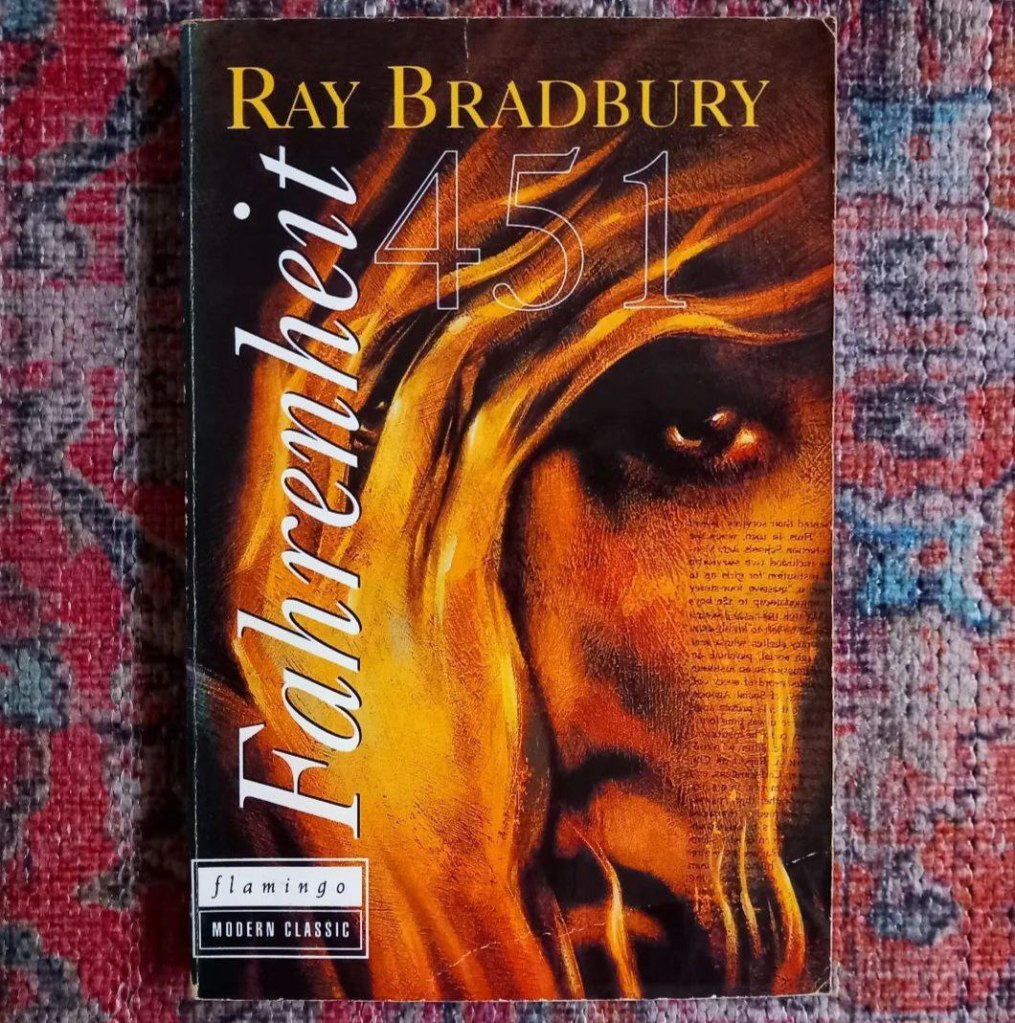After seeing images of Israeli soldiers burning books in Gaza, and Russian soldiers doing the same in Ukraine, Ray Bradbury’s 1953 dystopian novel ‘Fahrenheit 451’ instantly came to mind. The novel portrays a future American society where books have been outlawed, and it is the job of firemen to burn any that are found along with the building they are housed in.
Bradbury wrote ‘Fahrenheit 451’ during the McCarthy era, a period marked by intense government scrutiny of artists and intellectuals for any communist sympathies. Events such as the burning of the Library of Alexandria, Nazi book burnings, and the Stalinist purges also had a huge impact on the author. Despite varying comments over the years regarding his inspirations behind the novel, Bradbury emphasised the dangers of an illiterate society consumed by mass media and the perils of censorship.
The story follows Guy Montag, a fireman who becomes disillusioned with his role destroying books. His awakening begins upon meeting his neighbour, a free spirited teenager. After witnessing a woman choose to die with her books by self-immolating, Montag starts to question his society’s values.
Montag’s conflict deepens as he converses with his fire chief, Captain Beaty, who explains his society’s shift towards censorship. Despite Beatty’s warnings, Montag has secretly collected books, seeking meaning and truth, which his wife and her obsession with television doesn’t approve of.
Montag’s rebellion leads to a confrontation where he kills Beatty with a flamethrower and escapes a Mechanical Hound, a robotic dog used to hunt down subversives, joining a group of exiled intellectuals dedicated to preserving literary knowledge by memorising books.
Montag and the intellectuals then witness their city’s destruction with nuclear bombs. However, their survival and commitment to rebuilding hint at hope for a future where knowledge and free thought can flourish again.
Bradbury saw his role as a “preventer of futures” rather than a predictor, with ‘Fahrenheit 451’ being a powerful commentary on censorship, mass media’s impact, and the loss of critical thought.

